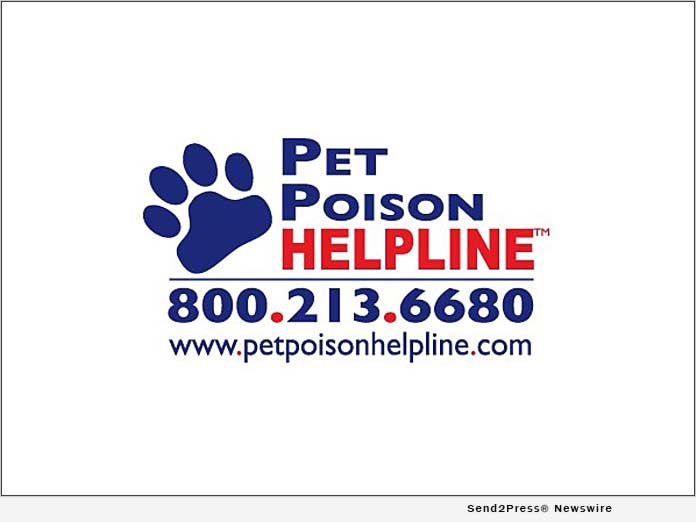As the temperature outside begins to drop, many of us turn to hand warmers to keep ourselves warm and comfortable. Hand warmers, which generate heat through a chemical reaction, are widely used by people of all ages. However, did you know that these products can be hazardous to your pets?

Chemical hand warmers, as the name suggests, are small packets that release heat when a chemical reaction occurs. These packets typically contain a mixture of iron powder, water, salt, and activated carbon. When the packet is opened, air reacts with the iron powder, causing it to oxidize and produce heat. While these hand warmers are generally safe for humans to use, they can be dangerous for pets.
The source of danger in chemical hand warmers is the iron powder that they contain. Iron is a chemical element that is commonly found around the house, garden, and yard. It is present in fertilizers, multivitamins, and dietary mineral supplements. When pets ingest iron, it can cause serious health problems.
Iron toxicity is a common problem in dogs, especially puppies. When ingested, iron can cause damage to the lining of the digestive tract, leading to vomiting, diarrhea, and abdominal pain. If left untreated, iron toxicity can progress to liver failure and death.
Unfortunately, pets can easily ingest chemical hand warmers, either by chewing on them or swallowing them whole. This can happen when the hand warmer is left lying around, or when the packaging is not disposed of properly. Since the packets are small and often brightly colored, they can be easily mistaken for toys by pets.
To prevent accidental ingestion of chemical hand warmers, it is important to keep them out of the reach of pets. This means storing them in sealed containers, disposing of used packets properly, and keeping them away from areas where pets are present. It is also important to supervise pets at all times, especially when they are around potentially hazardous objects.
If you suspect that your pet has ingested a chemical hand warmer, it is important to seek veterinary care immediately. Your veterinarian can perform tests to determine if your pet has iron toxicity and can provide the necessary treatment to prevent further damage.
In conclusion, while chemical hand warmers are a convenient option for staying warm during the winter months, they can pose a serious health hazard to pets. By taking the necessary precautions to keep these products out of the reach of pets, you can help ensure the safety and well-being of your furry friends. Remember, a little bit of prevention can go a long way in protecting your pets from harm.